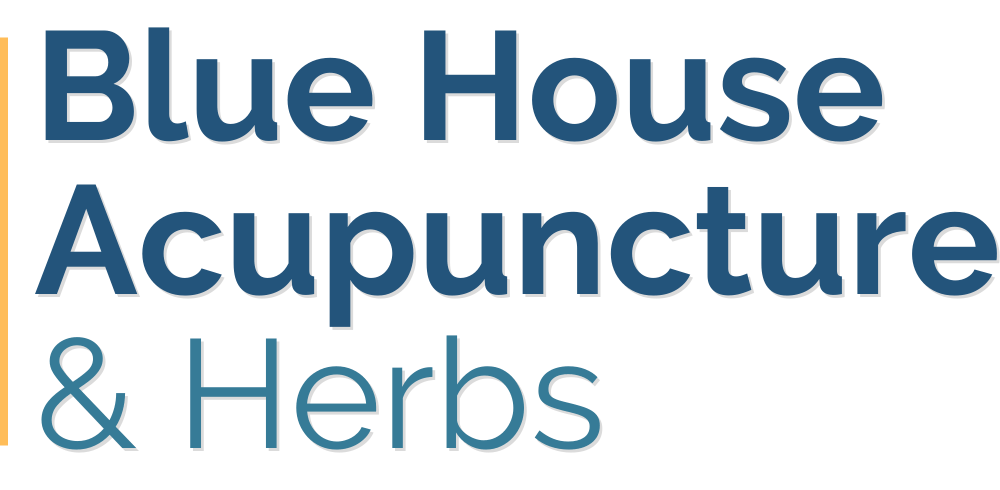The Acupuncture Evidence Project
“It is no longer possible to say that the effectiveness of acupuncture is because of the placebo effect, or that it is useful only for musculoskeletal pain.”
“A total of 136 systematic reviews, including 27 Cochrane systematic reviews were included in this review, along with three network meta-analyses, nine reviews of reviews and 20 other reviews. Meta-analyses were conducted for 62 of the non-Cochrane systematic reviews. This review includes pooled data from more than 1,000 randomised controlled trials.
“Of the 122 conditions identified, strong evidence supported the effectiveness of acupuncture for 8 conditions, moderate evidence supported the use of acupuncture for a further 38 conditions, weak positive/unclear evidence supported the use of acupuncture for 71 conditions, and little or no evidence was found for the effectiveness of acupuncture for five conditions (meaning that further research is needed to clarify the effectiveness of acupuncture in these last two categories).”
For more information, click here.
Pain
“Research into acupuncture has grown exponentially in the past 20 years… at twice the rate of research into conventional biomedicine. Over this period, there have been over 13,000 studies conducted in 60 countries, including hundreds of meta-analyses summarizing the results of thousands of human and animal studies. A wide-variety of clinical areas have been studied, including pain, cancer, pregnancy, stroke, mood disorders, sleep disorders and inflammation, to name a few.”
“For acute pain, a systematic review of 13 trials found that acupuncture was more effective than both sham needling and injection with painkillers.”
“A meta-analysis of 17,922 patients from randomized trials concluded, ‘Acupuncture is effective for the treatment of chronic pain and is therefore a reasonable referral option. Significant differences between true and sham acupuncture indicate that acupuncture is more than a placebo. A follow up study with this data looking at long-term pain relief, found that the benefits of acupuncture persisted 12 months after treatment ended.‘”
For more information, click here.
How Acupuncture Works
In simple terms, acupuncture works by stimulating the body to do what it naturally does. Extensive research into the physiological mechanisms of acupuncture show a wide range of pathways that affect every system of the body, including:
- Neurotransmitter and Hormonal Regulation: Acupuncture can influence the release of neurotransmitters, including those that play a role in inflammation, such as substance P and calcitonin gene-related peptide (CGRP). By modulating these neurotransmitters, acupuncture may help dampen inflammation in the body.
- Modulation of Neural Pathways: Acupuncture is thought to impact the nervous system by stimulating sensory nerves under the skin and muscle tissues. This stimulation can send signals to the brain, leading to the activation of various brain regions. The brain then releases neurotransmitters that can influence pain perception and other physiological processes.
- Activation of Endogenous Opioid System: Acupuncture has been shown to activate the body’s endogenous opioid system, which involves the release of opioids naturally produced within the body. These opioids play a role in pain modulation and can contribute to pain relief.
- Connective Tissue Stimulation: Acupuncture may influence connective tissue, which can transmit mechanical signals throughout the body. This can impact cellular functions and contribute to the body’s response to acupuncture stimulation.
- Neuroplasticity: Regular acupuncture treatments may lead to neuroplastic changes in the brain. This means that the brain’s structure and function can adapt over time in response to repeated acupuncture sessions, potentially leading to long-term therapeutic effects.
- Modulation of Immune Response: Acupuncture is thought to affect the immune system by promoting a balanced immune response. It can help regulate the activity of immune cells and cytokines, which are molecules involved in the inflammatory process. By promoting immune balance, acupuncture may reduce excessive inflammation.
- Blood Flow Improvement: Acupuncture is believed to promote vasodilation, which is the widening of blood vessels. This enhanced blood flow can bring more oxygen and nutrients to inflamed tissues and help remove inflammatory by-products, aiding in the resolution of inflammation.
- Neurogenic Inflammation Reduction: Acupuncture’s effect on sensory nerves may reduce neurogenic inflammation, a type of inflammation triggered by the release of neuropeptides from nerve endings.
- Anti-Inflammatory Cytokine Release: Some studies suggest that acupuncture may stimulate the release of anti-inflammatory cytokines, which are molecules that help suppress inflammation.
For more information on acupuncture research, including citations, click here.
